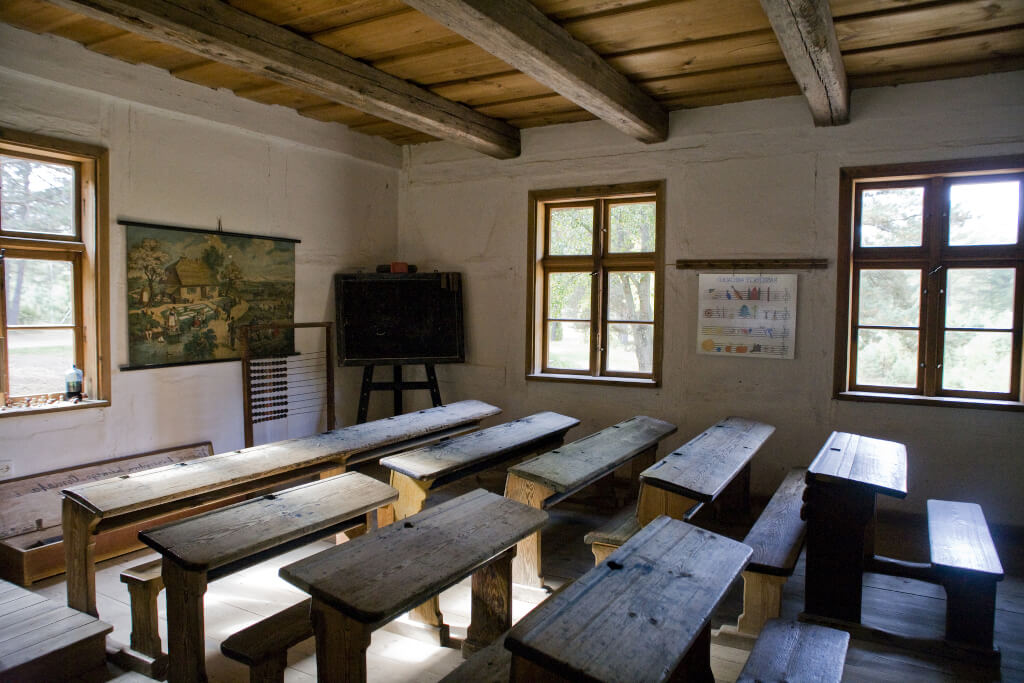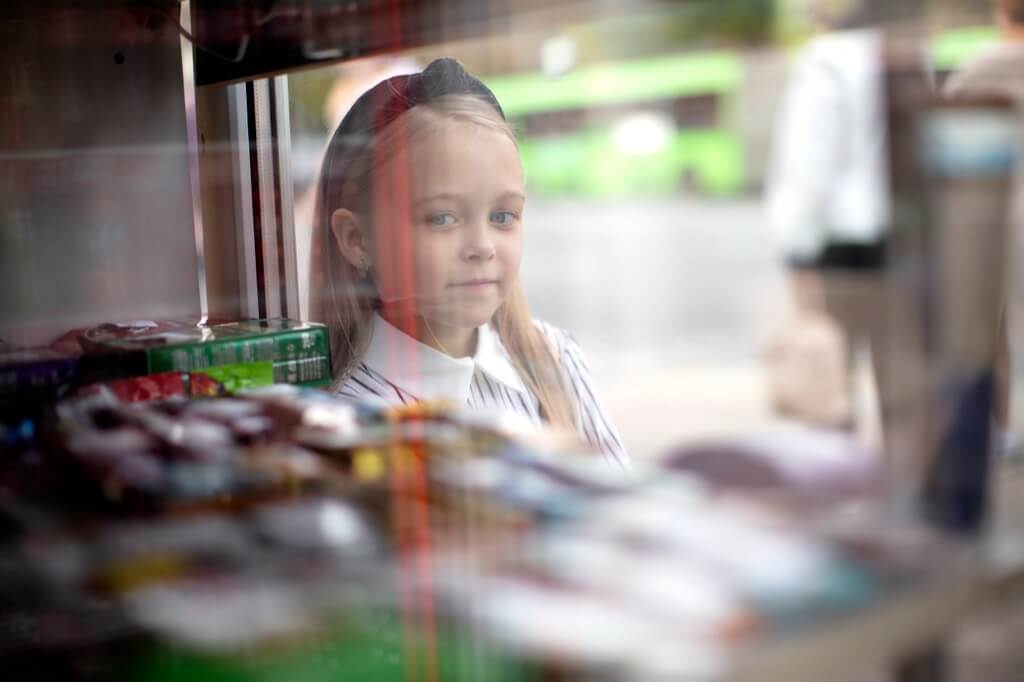The unexpected news that the KwaZulu-Natal Education Department plans to shut down more than 900 rural schools has sent shockwaves across the South African education system. This disturbing turn of events follows a May 5, 2023, monitoring visit to the province by a delegation from the KZN Department of Education.
School Will Be Closing Due To Low Enrollment
The Department claims that the fundamental reason for the dramatic action of closing these schools is low enrolment rates. The bulk of these schools are located in underserved areas where providing easy access to higher education is already a problem.
The agency has planned a methodical strategy, with closures commencing next year and spreading out gradually. More than 250 low-enrollment schools are the initial focus of this effort. The department head, Nkosinathi Ngcobo, explained the strategy in greater detail:
Smaller schools may be shut down one by one. There are currently more than 900 such schools in the province; we’ll begin with those that have the smallest enrollment or are farthest from the criterion (between 135 and 200), respectively.
The Development of Closure Notices in Response to a Foreseen Challenge
Unfortunately, this isn’t the first time that the topic of school closures has been brought up. Already in 2013, there were rumours that more than a thousand schools could be shut down due to this persistent and systematic issue.
The Pointing of Fingers: IFP Attacks on the Government
The Inkatha Freedom Party (IFP) has blamed the government in response to this stunning news. Mntomuhle Khawula, a member of the IFP in the provincial legislature, has criticised the administration for, among other things, not providing enough funding to underprivileged schools.
- “The government’s failure to resource them adequately is causing the declining numbers of learners enrolment at schools,” Khawula stated.
Consequences and Answers
The impending closure of over 900 schools in rural KwaZulu-Natal will likely have far-reaching consequences. The government, stakeholders, and education authorities must work together to identify the underlying issues that are causing low enrollment and implement long-term fixes.
It is essential that children in these remote communities not be left without access to educational facilities despite the practicality of deciding to close schools that aren’t financially sustainable. The question is, what specific measures will the government and the education department do to make sure that the future of thousands of children is not jeopardised by this approaching education crisis? Everyone must make sure that every kid, no matter where they live, can get a good education. A common adage claims that education is the key to making positive changes in the world. Let’s not deny our kids access to this resource.




